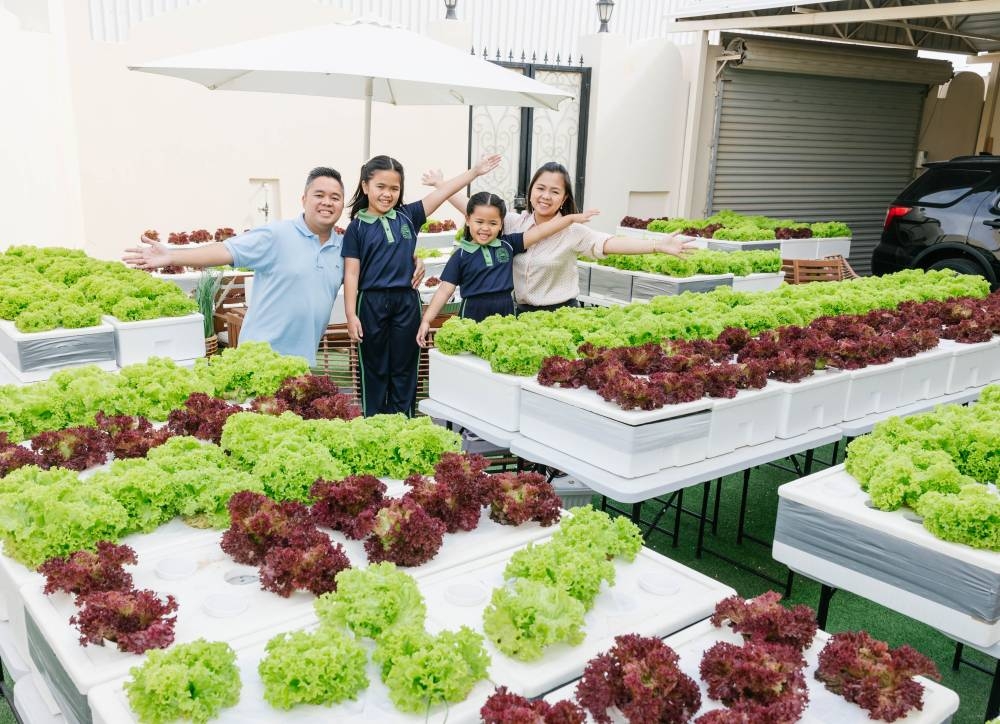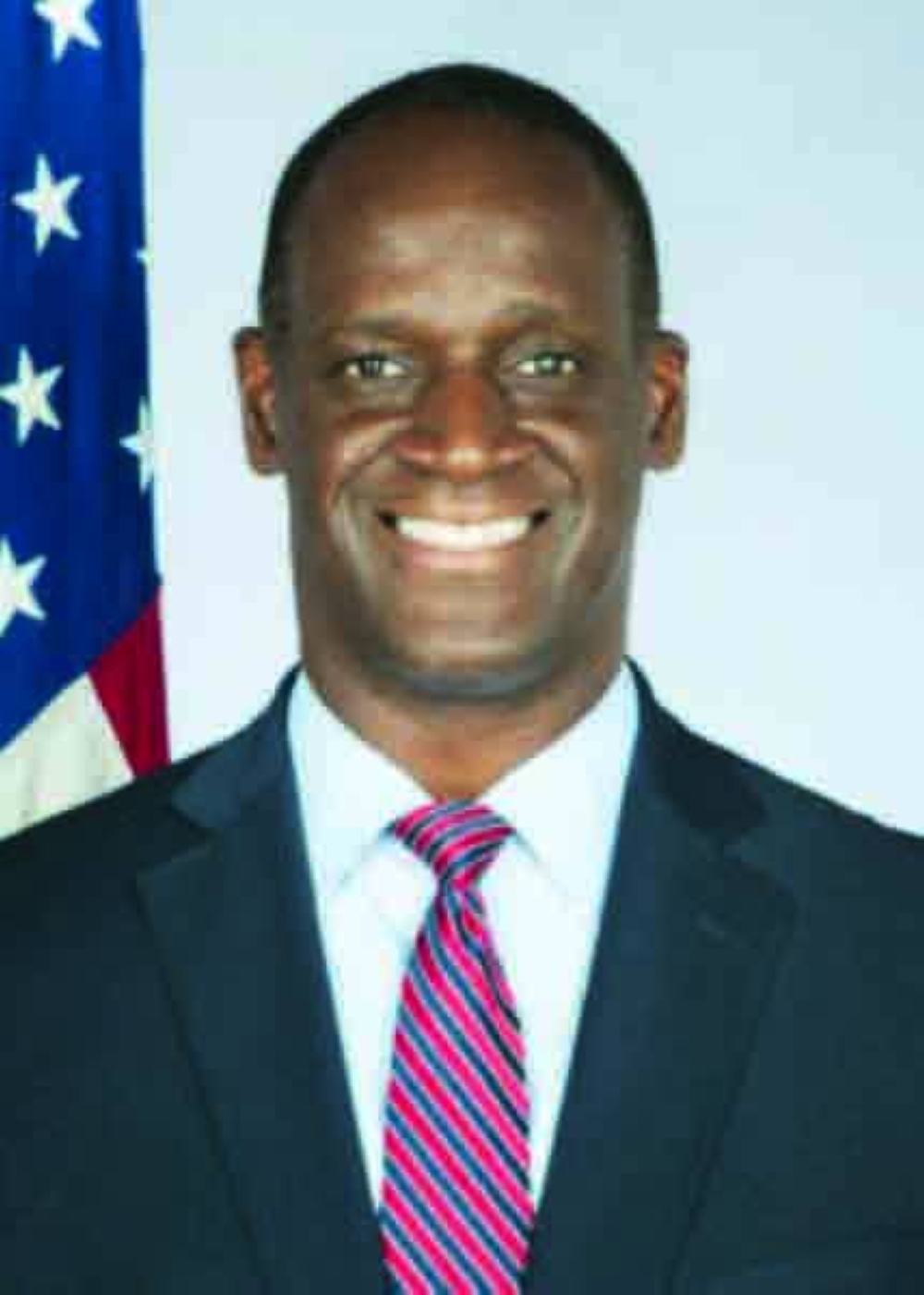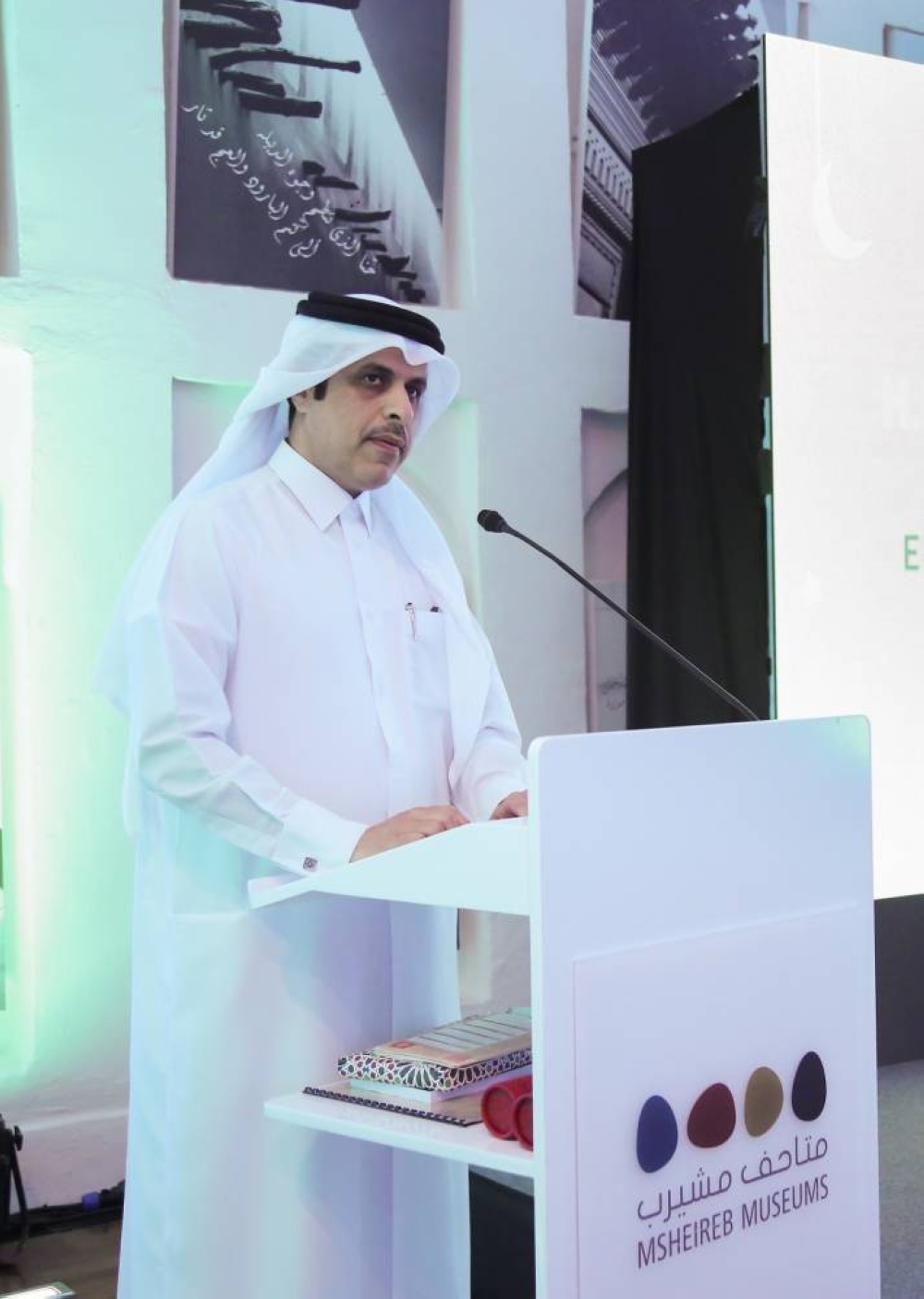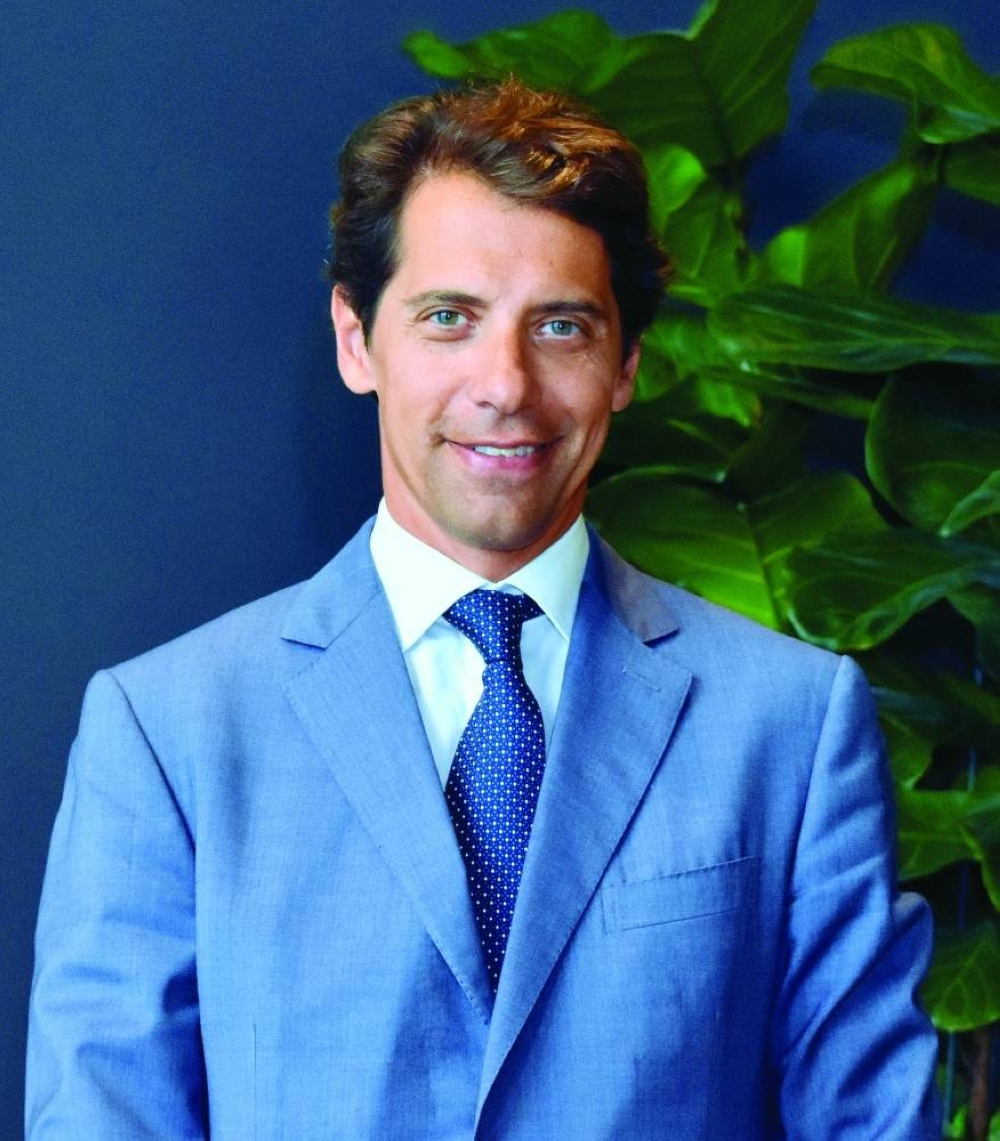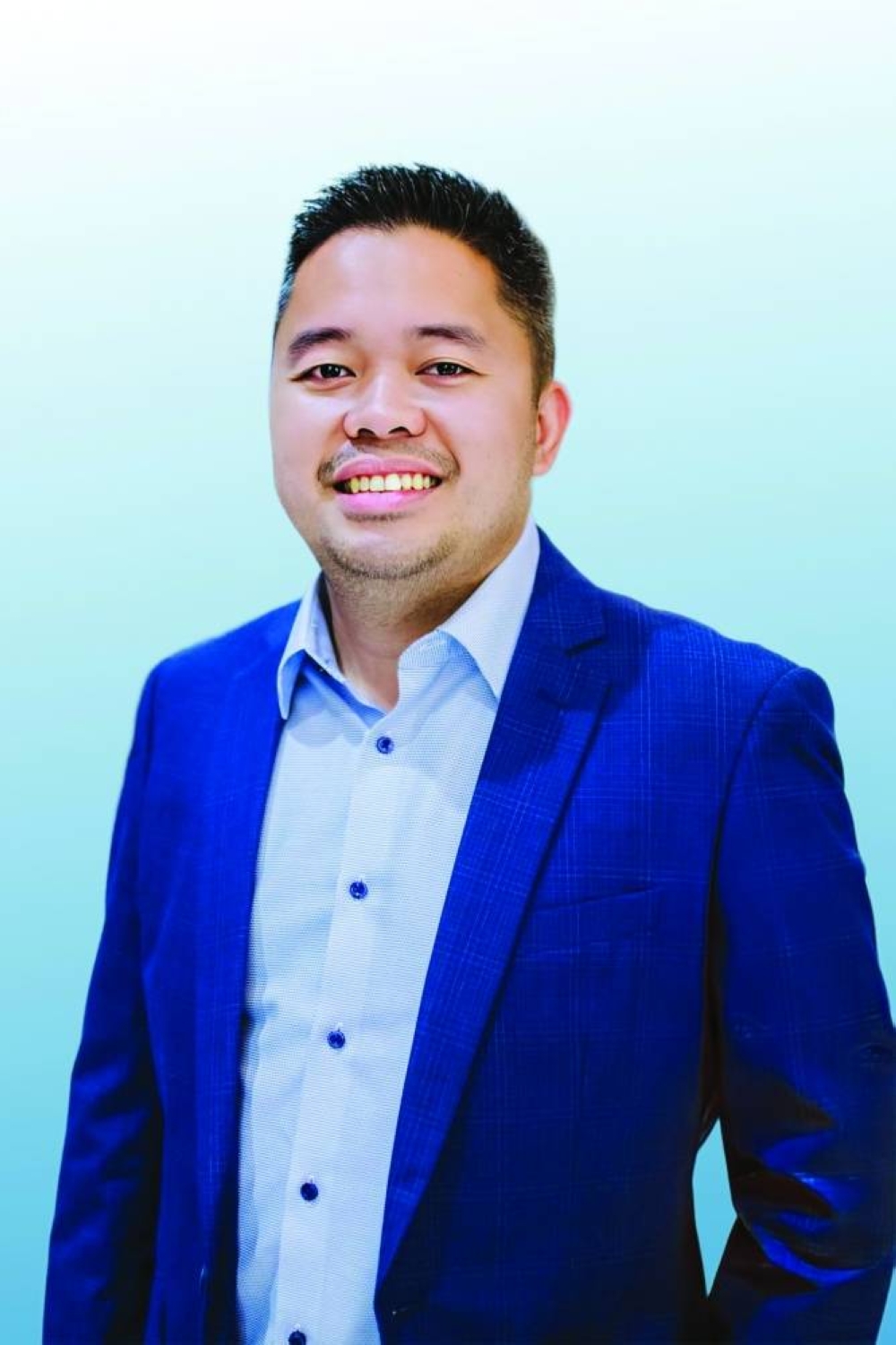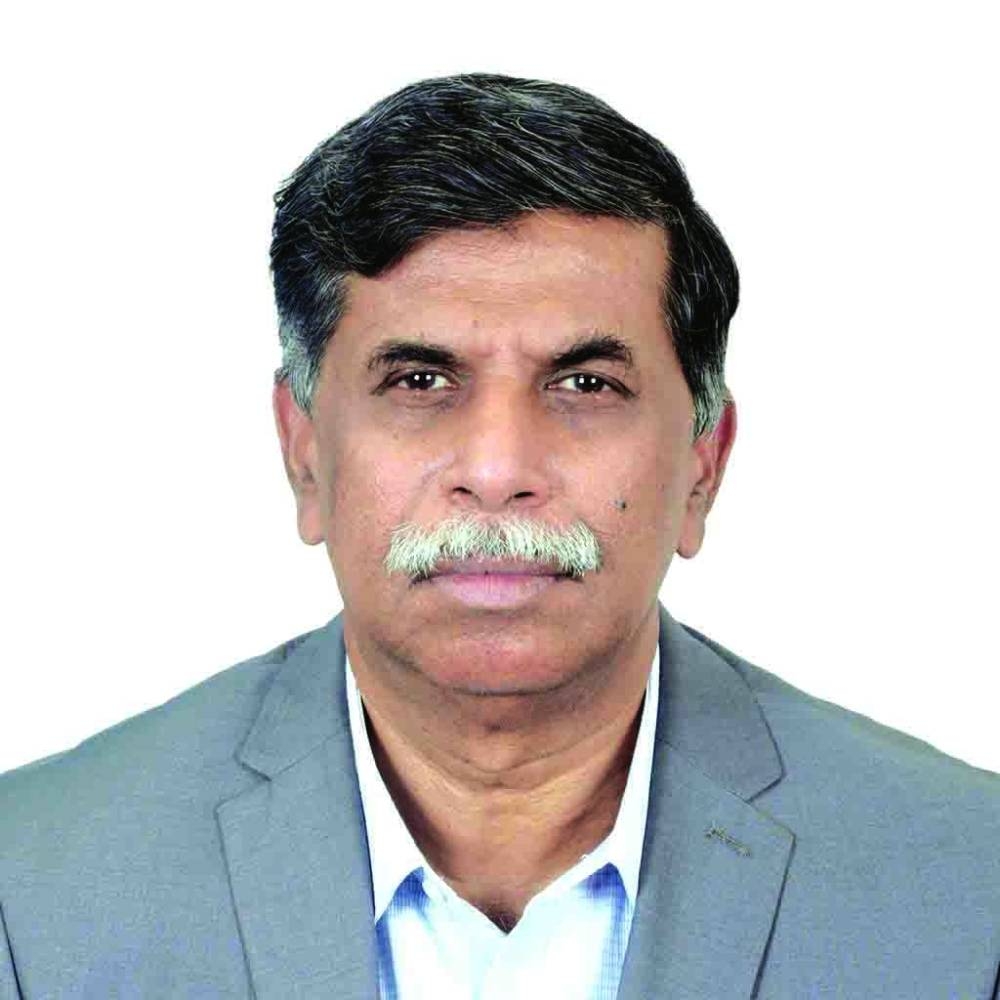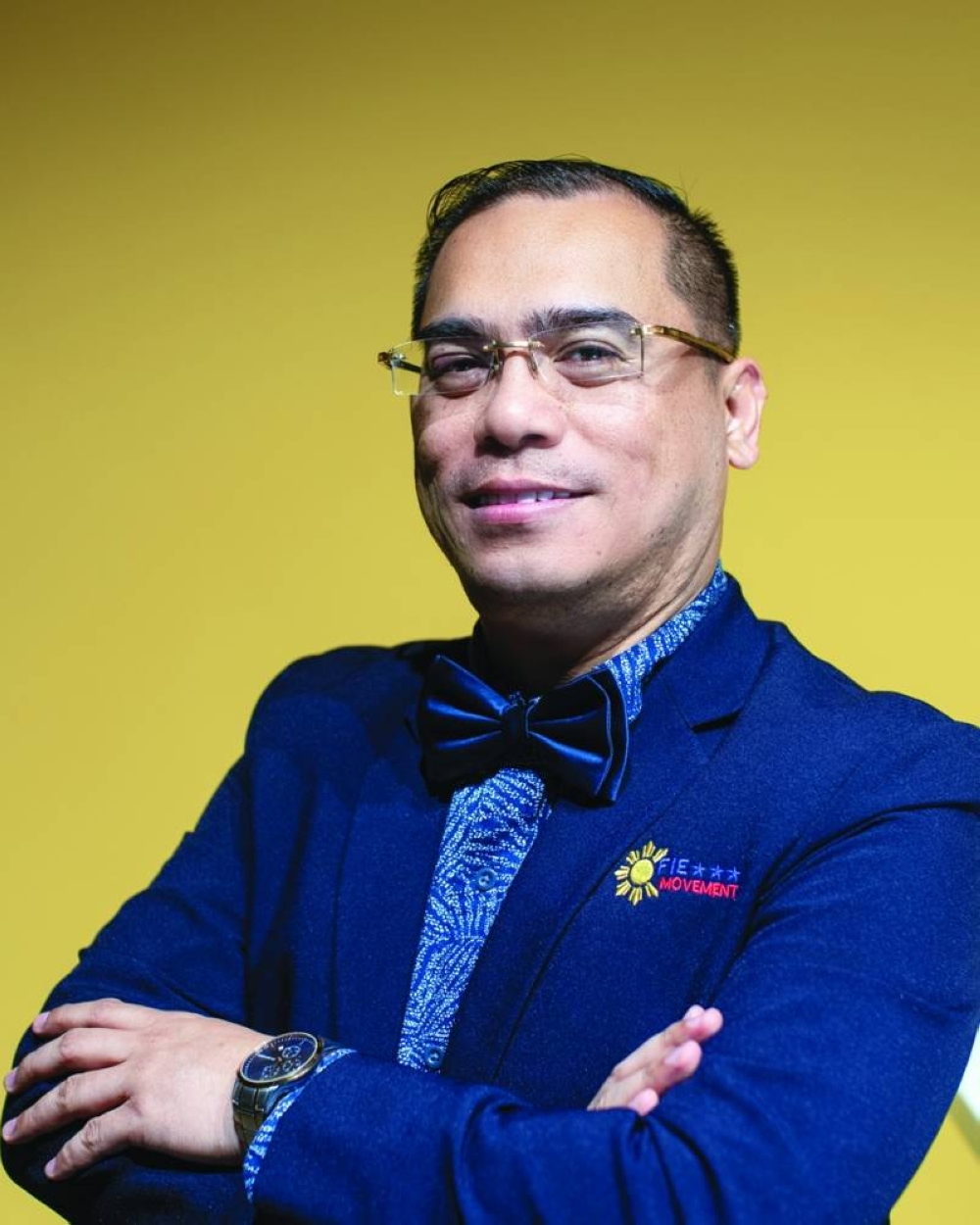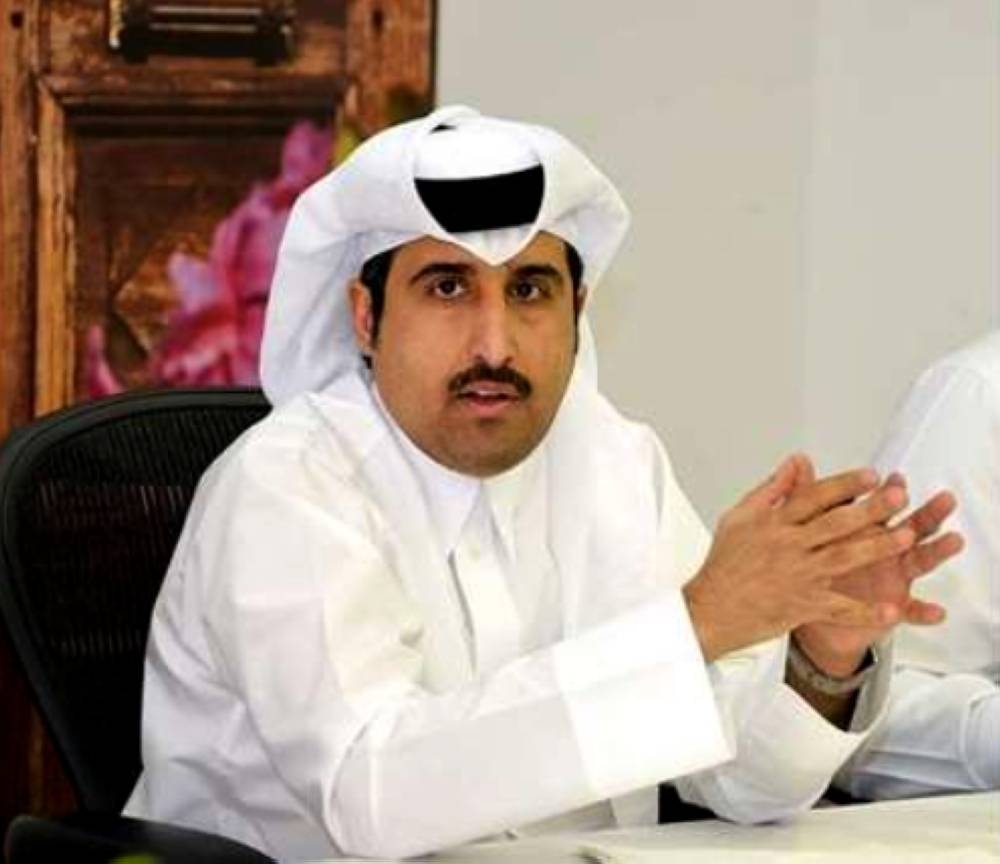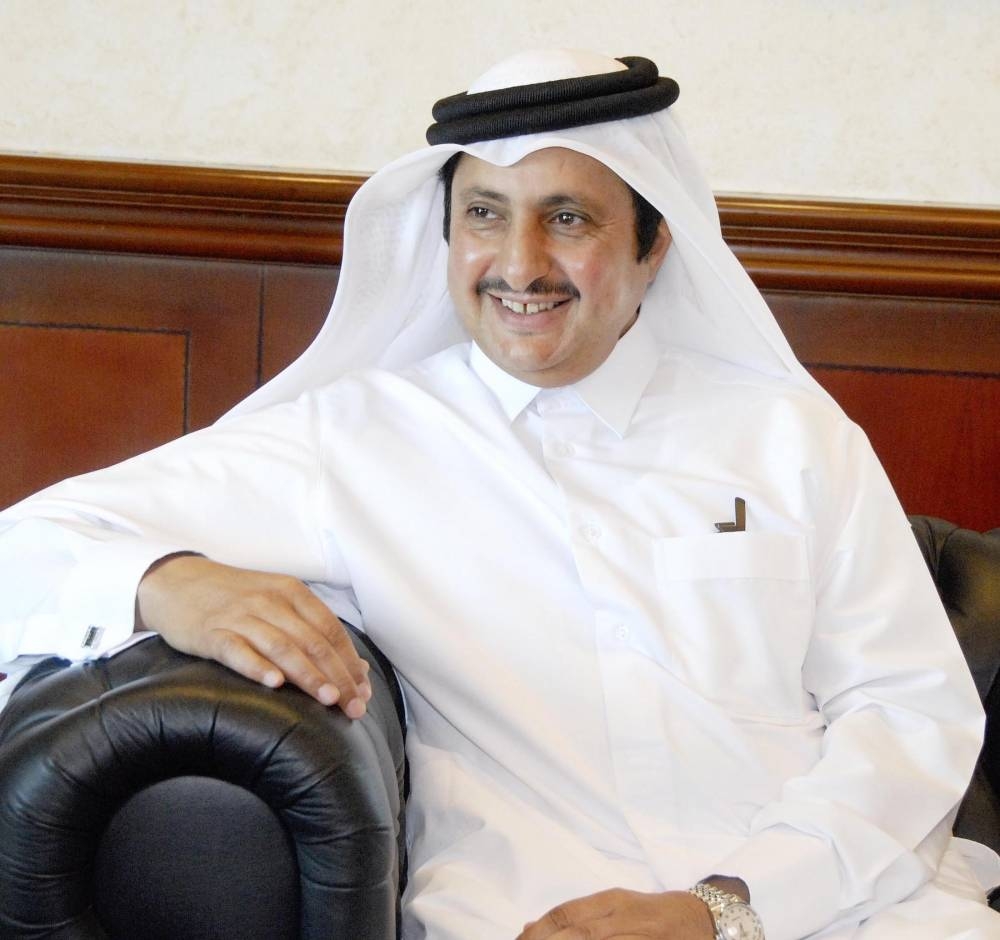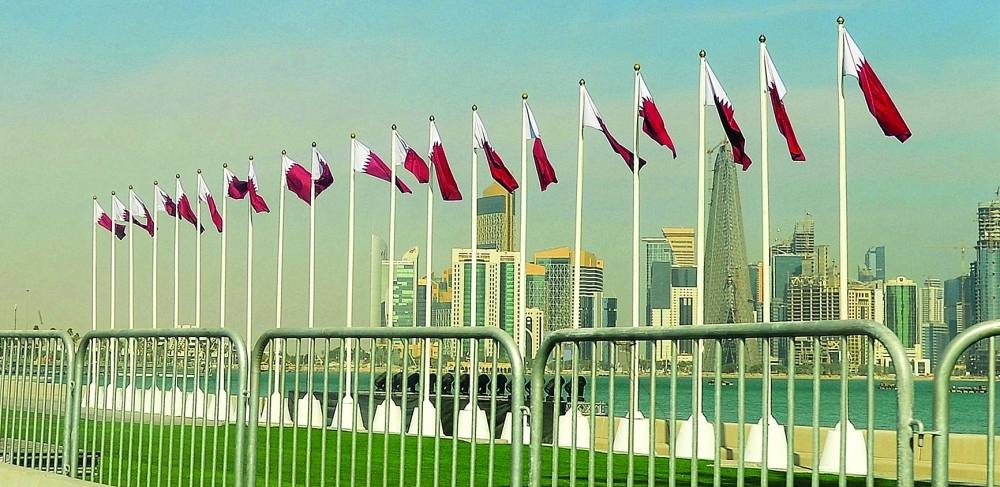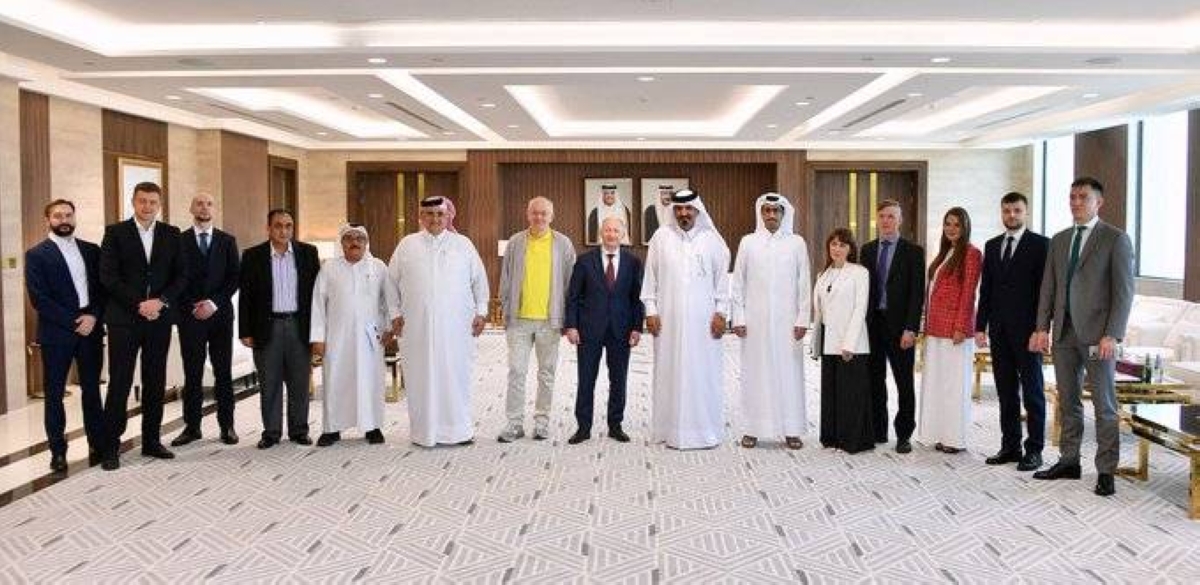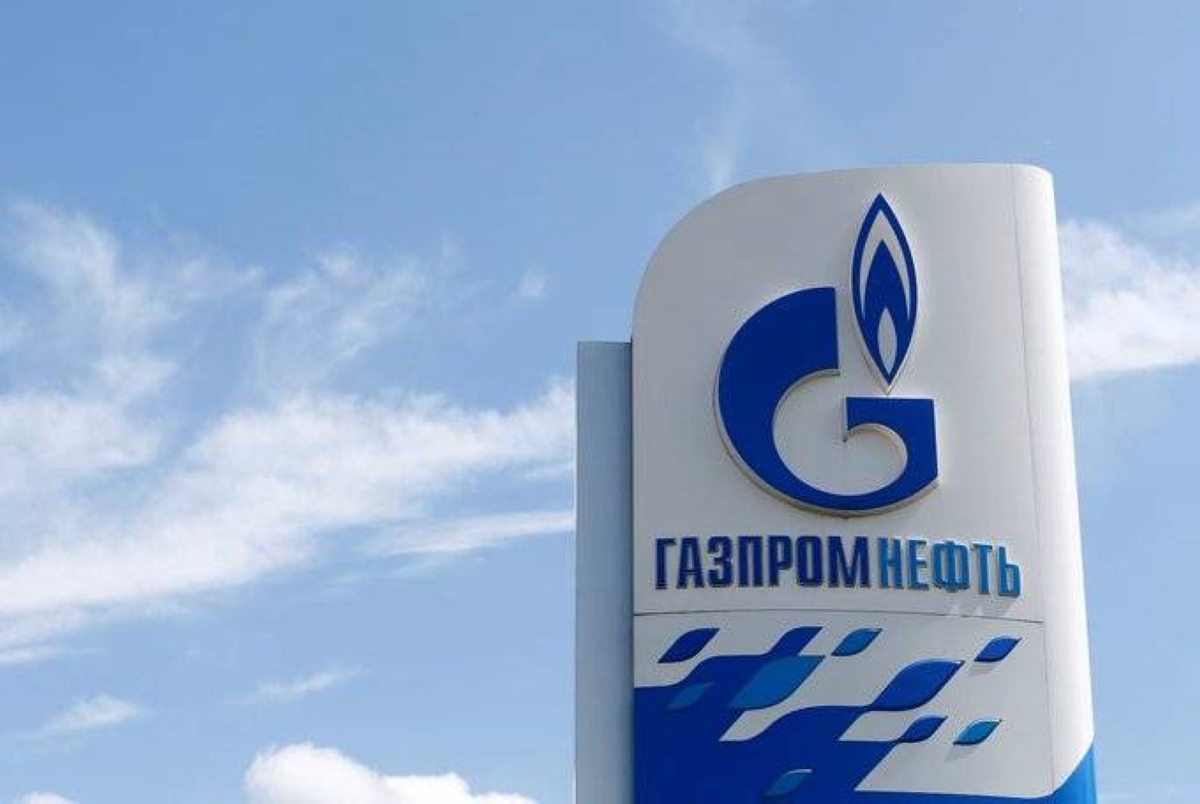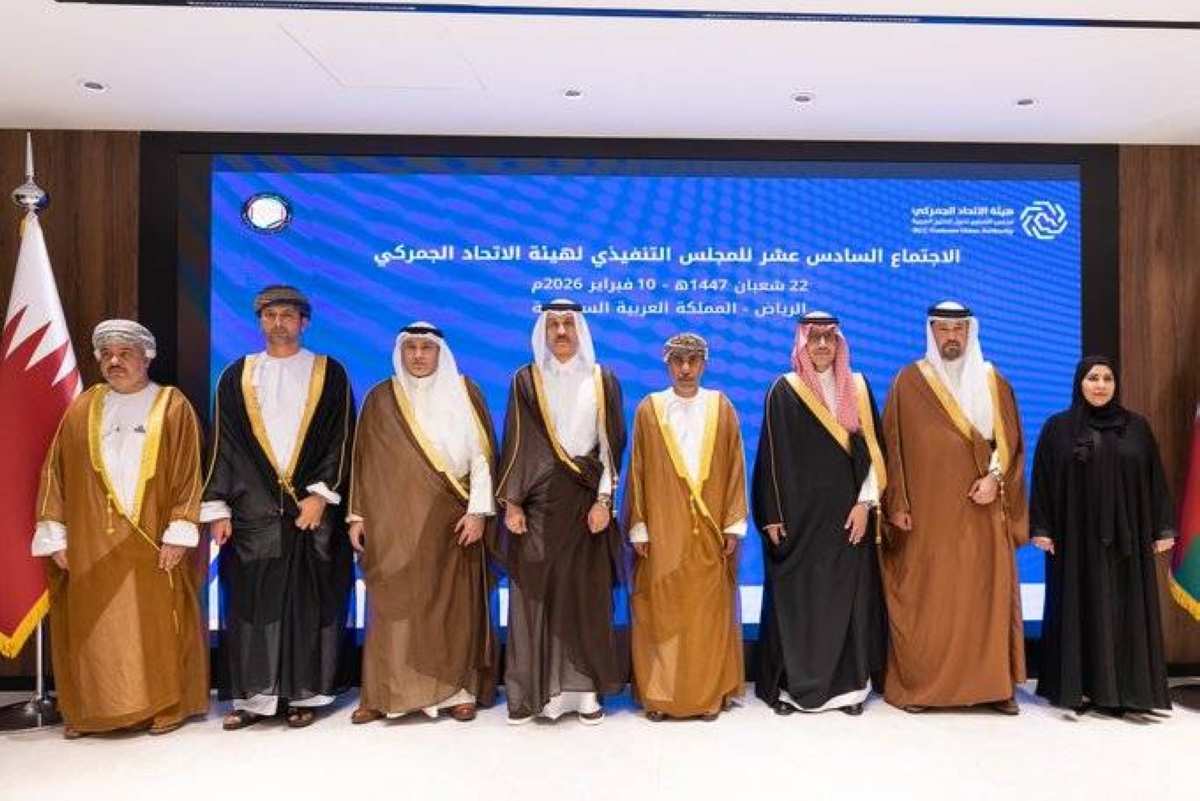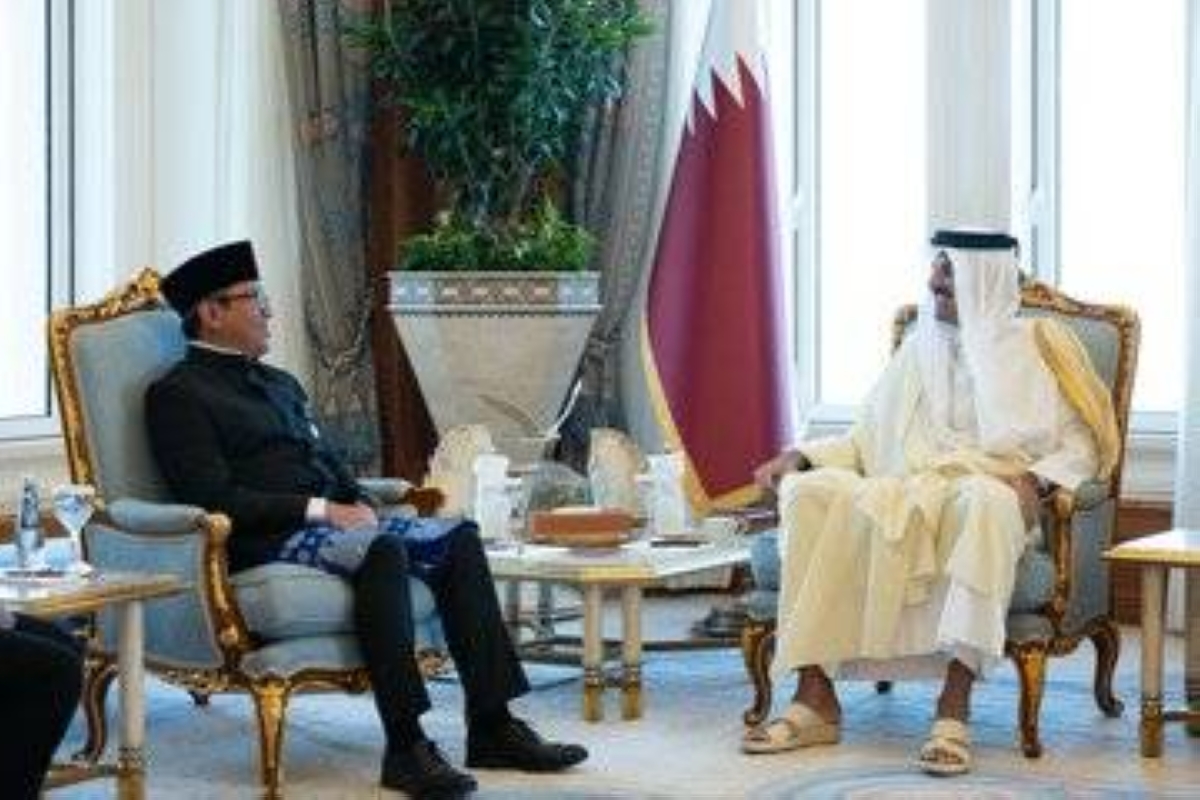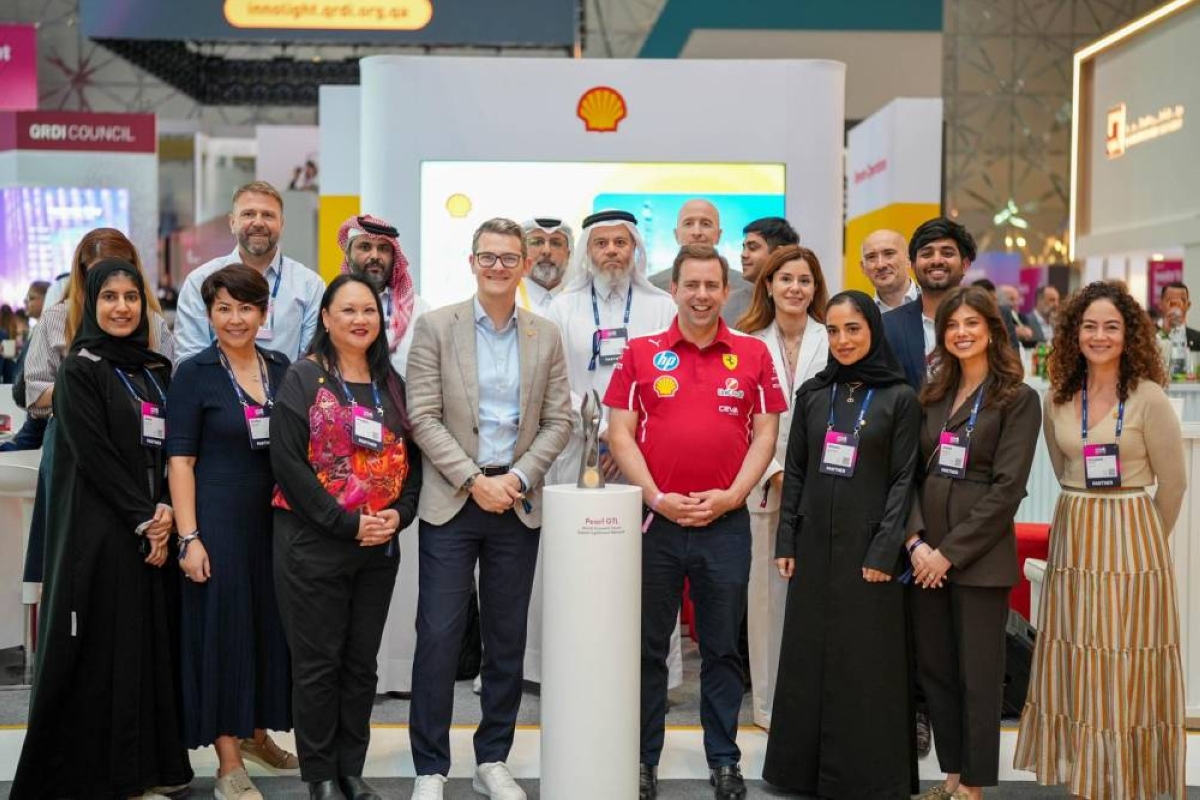Knowledge exchange with international partners will be instrumental in helping entrepreneurs, small and medium-sized enterprises (SMEs), and MSMEs owners in Qatar grow their brands and access local and international markets, a chamber official has said.Palma Libotte, president of the Italian Chamber of Commerce in Qatar, emphasised that small businesses are fundamental to a country’s economy and could play a key role in leading toward innovation.“The sharing of best practices and knowledge exchange is the first step for any developing SME or MSME, and Italy has a lot of material to offer, particularly in the fashion industry,” Libotte told Gulf Times, adding that the chamber is in talks with the Qatari Businesswomen Association (QBWA) on projects related to fashion and sustainability.Libotte said several members of the chamber’s board of directors, including some stakeholders, recently held a meeting to discuss plans for the year amid the government’s thrust toward Qatar’s next phase of development.“We discussed many topics for future business opportunities between Italy and Qatar, such as the ‘Businesswomen Building a Sustainable Future’, a project in co-operation with QBWA, which would involve a number of women from international business associations, where we shall involve more fashion companies,” Libotte explained.Libotte said: “We believe that women can support the change towards sustainability in Qatar – from sustainable fashion to organic food and eco–friendly interiors, as well as with their lifestyle and actions in everyday life.”She also noted that the Italian chamber plans to organise seminars, webinars, and other activities to exchange information between Qatari entrepreneurs and their international counterparts.Asked how viable and sustainable the fashion business and industry in Qatar is, Libotte said: “Qatar is a small market; therefore, a sustainable designer would have fair chances of success.”She also stressed that Qatar is a “niche” market, saying there could be potential in children’s clothing and cosmetics products, as well as in upcycling Qatari abayas with Italian accessories.Aside from partnerships and collaborations with local organisations like QBWA, Libotte said the Italian chamber could help promote the growth of Qatar’s fashion industry by organising seminars and workshops, as well as trade missions to Italy to help designers find inspiration from Italian artisans and materials.“We can also help connect entrepreneurs from Qatar with Italian SMEs and private labels. Italy’s fashion industry is well-advanced, and our know-how and style are an inimitable asset.“The chamber is now working mainly with SMEs and MSMEs in planning workshops and delegations to Italy to meet entrepreneurs and visit their production sites. It will also help if they attend a fashion show and maybe organise a collateral event. We shall try to import small Italian business models to Qatar. Mentoring, workshops, and on-site visits are very important phases for small companies,” Libotte emphasised.She also stressed that the youth in Qatar are vital to the fashion industry, citing the chamber’s support for an abaya collection project by Qatari designer Fatima al-Ansari and Italian designer Aimee Jade Monti.“This initiative inspired us to work more on the chamber’s mentoring phase. There are many young emerging designers in Qatar, mostly ladies, and they want to make a statement and show their talent.“They are determined, strong-willed, and capable of handling a business. We just want to make sure that they learn a little of the ‘old school’ tricks for a country like Italy, which is a master in this subject,” Libotte further explained.

Peter Alagos
Peter Alagos reports on Business and general news for Gulf Times. He is a Kapampangan journalist with a writing career of almost 30 years. His photographs have been published in several books, including a book on the 1991 Mt. Pinatubo eruption launched by former Philippine president Fidel V. Ramos. Peter has also taught journalism in two universities.
Most Read Stories



